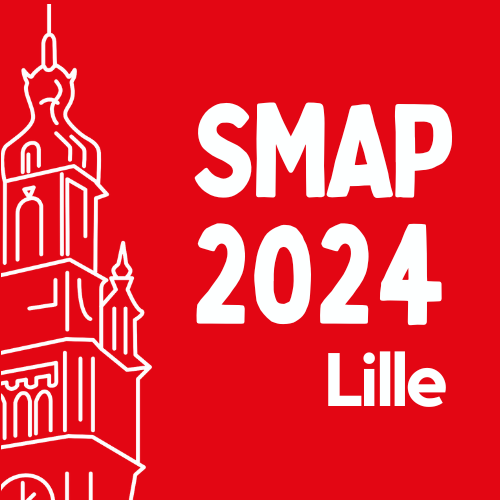
Session: Parallel session 5 - New topics in OMICs
Design and preliminary evaluation of a microfluidic device to automate and improve high-throughput sample preparation for low cells number to single-cell proteomics
The enhanced sensitivity of mass spectrometers has made it feasible to analyze proteomes from cell subpopulations or single cell using LC-MS. However, reducing the starting sample material can compromise performance, making effective sample preparation essential. A major challenge is peptides loss due to surface adsorption, which significantly reduces proteomic performance.
Peptides intensity decreases with their concentration in vial, even when the same peptides quantity is injected into the LC column, fitting a Langmuir model. To minimize peptides adsorption, we recommend: (1) reducing sample volume to minimize exposure and increase concentration, (2) avoiding sample transfers, and (3) using materials with low peptide affinity. Sample preparation throughput is also a challenge, as several hundreds to thousands of samples need to be processed for a single-cell proteomics study.
To address these challenges, we developed a microfluidic device that automates all sample preparation steps using centrifugation, from cell collection to LC-MS injection, at the nanoliter scale. This device, made from polymeric materials isolates proteomic material from microliters (≥2 µL) to nanoliters (15 nL). Proteomic sample preparation is performed by successively adding 15 nL of reagent for protein reduction, alkylation and digestion, followed by releasing the sample into an LC-compatible 384-well plate. The design allows for serial processing to increase throughput and includes sample multiplexing options. We also report the advantages of this one-pot strategy with the use of appropriate polymeric materials for larger-scale (µL level) sample preparation. Custom vials compatible with cell sorting and LC/MS instruments, molded from low-affinity materials, are also evaluated.
Preliminary fluidic results of the microfluidic device and advantages of the one-pot strategy applied with adequate polymeric materials will be reported.